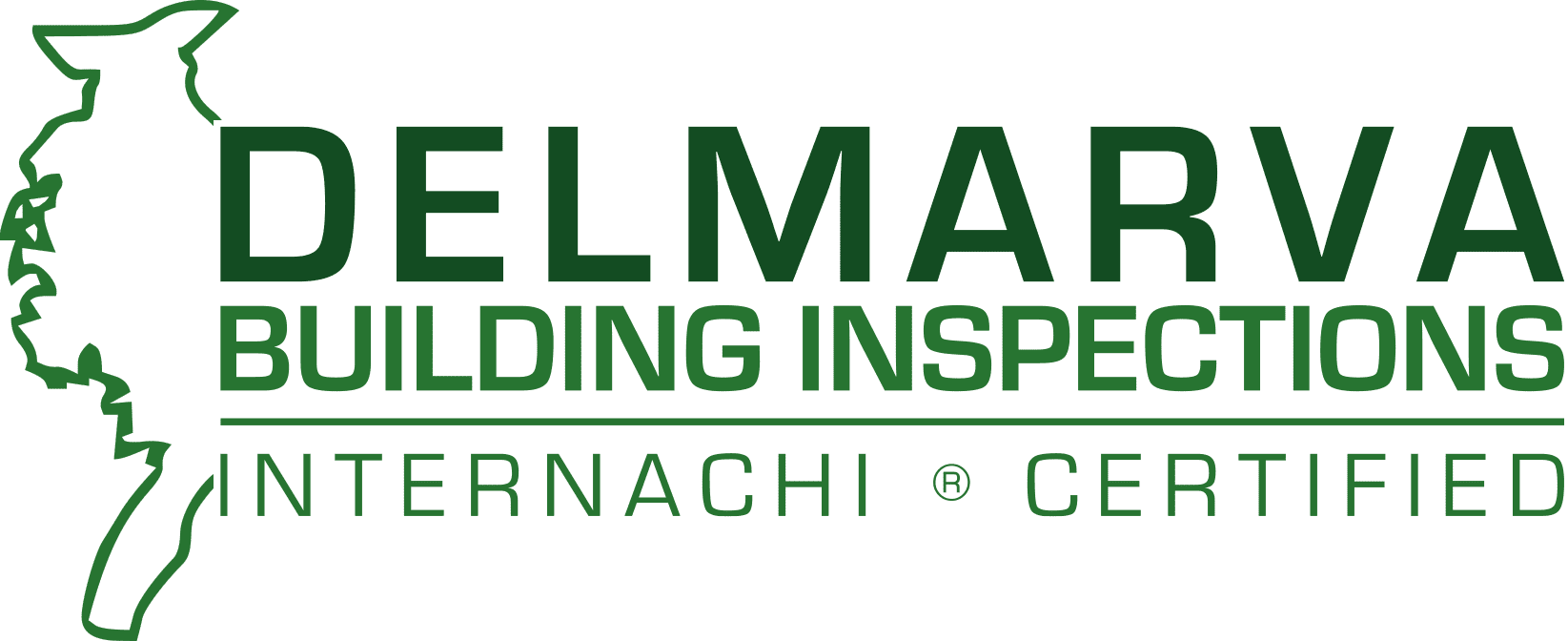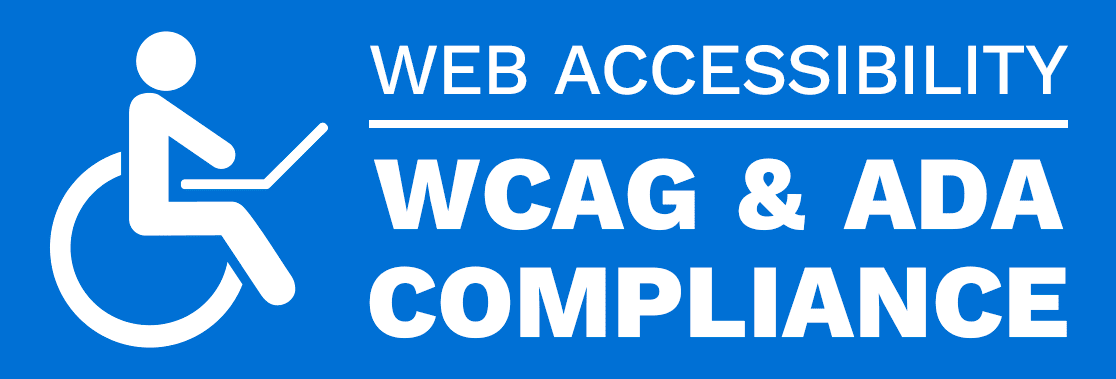
Residential Home Inspection, Maryland
Do you feel prepared to undergo a house inspection? When that time comes, our professional residential home inspector is here to go above and beyond your expectations. Let's face it, the goal of most home sellers is to sell their house, and the goal of most home buyers is not to have buyer's regret. Therefore, our staff will "turn over every stone" (metaphorically) to ensure the success of the buyer and seller. In addition, house purchases are typically the largest financial commitment a family makes. The inspector you choose must provide you with a thorough and accurate report. Delmarva Building Inspections is the company to call for a detailed residential home inspection in Maryland.
Maryland Licensed Inspector, Certified COMMERCIAL Building INSPECTORS #33884
Tips for Choosing A Residential Home Inspection Service
Hiring a home inspection business requires careful consideration of their credentials and track record. Be sure the business you hire to perform the inspection has all the credentials to complete it properly and competently. It's also important to choose inspectors with the proper credentials and expertise for the job. Delmarva Building Inspections, for instance, holds over fifteen such certifications and licenses. Our home inspectors are all duly licensed in Maryland and Delaware.
Verify The Reputation Of A Business
When hiring a home inspection company, reputation and references are extremely important. We recommend you first research the company's track record by reading online reviews and feedback. The next step is to get some references from the business and contact them afterward to find out how they felt about the company. Next, ensure the company provides inspections for everything from the electrical to the plumbing to the HVAC systems, as well as the roof, foundation, and structure.
Do They Use Cutting Edge Technology And Equipment?
Find an organization that conducts inspections with cutting-edge equipment. Radon detectors, moisture meters, and thermal imaging cameras are all examples of such devices. Verify that the inspection report style and content are clear and comprehensive for you to understand. Any problems or faults discovered should get detailed in the report, along with suggestions on how to fix them.
Will Your Residential Home Inspection Work Around Your Schedule?
Please make sure the inspection can get scheduled at a time that is convenient for you. You should contact the company in advance to determine their availability and scheduling alternatives. See to it that the firm has enough insurance and stands behind its job with guarantees. Knowing that you are covered in the event that an issue arises before, during, or after the inspection is a huge relief.
Licenses & Certifications
House Inspection Before Listing
Several good reasons exist for a residential home inspection on a private residence. The most typical case that necessitates a pre-transaction house inspection is a sale or purchase of the real estate. Before committing to a purchase, the buyer typically has a home inspector review the property in detail.
Problems with the Building Code:
A residential house inspector may get hired to look for building code infractions. Egress windows, stair handrails, appliance exhaust hoods, and other safety features will all get inspected.
Maintenance And Repairs:
Some homeowners may want an inspection completed to identify any necessary maintenance or repairs. This will help them choose what needs fixing first and how to budget for it.
Safety Concerns:
You may also ask the inspector about any potential hazards in the home during your inspection. Instances of faulty electrical wiring, gas leaks, mold, asbestos, and faulty construction are all possible examples.
Energy Efficiency:
Insulation, ventilation, heating and air conditioning (HVAC) systems are all aspects of energy efficiency that a house inspector may assess. It will aid homes in discovering opportunities to increase energy efficiency and reduce power expenses.
Insurance Policy:
Having a house inspected is a must for certain insurers before offering coverage. The home inspector's findings will assist in choosing the right insurance policy and rate.
Permits And Compliance Issues:
Inspections of private residences are sometimes needed to guarantee conformity with governing laws and ordinances. Very useful for those planning major house improvements.
A safety first home inspection is an essential process that ensures the safety and well-being of the inhabitants of a home. A home inspection thoroughly assesses the house's structural integrity, electrical systems, plumbing, and other critical components.
Safety Is Another Segment Of Your Investigation
A safety-first home inspection is an essential process that ensures the safety and well-being of the inhabitants of a home. A home inspection thoroughly assesses the house's structural integrity, electrical systems, plumbing, and other critical components.
The main goal of a safety-first residential home inspection is to identify potential safety hazards that could pose a risk to the home's occupants. These hazards may include fire, electrical shock, gas leaks, and other dangerous conditions. A comprehensive safety inspection can help homeowners identify and address these issues before they become major problems, ensuring that their home remains a safe and healthy place to live.
Concerns with the Electricity:
A home inspector will verify that the property's electrical system is safe and up to current building standards. Overloaded circuits, old wiring, and faulty electrical panels are just some of the dangers they will be on the lookout for.
Plumbing Issues:
The inspector will look for leaks, blockages, and other problems that might cause water damage and mold in the plumbing system. The kitchen and bathroom ventilation and drainage will also get examined.
HVAC System:
The HVAC system, which provides heating and cooling, will also be inspected to guarantee its correct operation and the occupants' safety. Your property inspector will also inspect for carbon monoxide from heaters and other combustion appliances.
Fire Hazards:
Your home inspector will look for warning signs, such as defective smoke detectors, fire alarms, improperly stored combustibles, or antiquated electrical systems.
Possible Trip and Fall Risks:
The home inspection will also include a look around the outside of the house for things like broken or missing roof shingles, unstable decks, balconies, and uneven surfaces in the walk and driveway.
The information gleaned from a residential home inspection may be helpful for homeowners in preventing any foreseeable dangers in the property.
Your Property Inspector Will Inspect Any Potential Code Violations
Many infractions of the law, such as those pertaining to building codes, may be uncovered during a standard house inspection. So they'll first make sure the house is up to code with the municipality. Also, they ensure that any safety features, such as egress windows, handrails, appliance venting, and more, are in working order.
Zoning Violations:
A standard part of every residential home inspection for a private residence is a look into any code violations. They will also verify that the house is in accordance with zoning laws. This may depend on factors such as the home's size and location, proximity to property lines, and potential proximity to a flood zone.
Permits For Construction Work:
The inspector will search for documentation showing that the homeowner secured all required building permits before beginning any work on the property. Two examples are a construction permit for an addition or updated plumbing or electrical work.
Environmental:
The house inspector will examine whether the property abides by environmental laws. Toxic waste management, wastewater treatment, and compliance with asbestos and lead paint standards are all examples of what this may entail.
ADA Compliance:
The inspector will determine if the house meets accessibility laws like the ADA (Americans with Disabilities Act) (ADA). Doorways, light switches, and the placement of ramps or railings are just a few examples.
In the end, the information gleaned from a residential home inspection may be invaluable in identifying possible problems with a property's legal compliance and guiding the homeowner toward solutions.

















